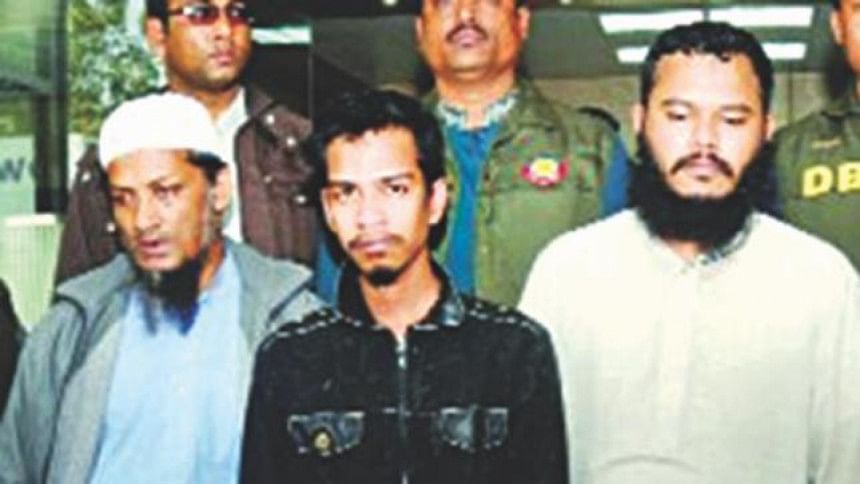Armed and dangerous

A report published in this paper on August 18 exposed the history of the growth of jihadi groups over the years. Today, the threat posed by militancy brooks no repetition. They are armed and dangerous and have no qualms about spilling innocent blood. The militants are part of a transnational movement and have access to finance, arms and expertise – both local and foreign. Anti-militancy drives by law enforcers under successive governments have unearthed sophisticated small arms caches and ammunition, bomb-making equipment and militants, both national and foreign, have been nabbed. These were warning signs which were treated as normal criminal cases and those nabbed used loopholes in the legal system to get out on bail.
In the post Gulshan bakery attack, the complacence is no longer there. However, we have our work cut out. The areas that need greater attention are where these militants are buying their arms from? What is the source of their financing – are they using normal banking channels or is it hundi? How are foreign terrorists turning up on Bangladeshi soil and do we have requisite information on their background; if not, why not? Who are the local sympathisers of these extremist outfits that are plotting to turn Bangladesh into a safe haven for jihadists?
All these are valid questions. And all must be addressed simultaneously. No piecemeal approach will do. This requires greater investments to enhance the all-round capacities of the security agencies. There is need for greater human intelligence and seamless exchange of information among all government agencies. We face a threat that is elusive and which has access to the means to wage war on the State.

 For all latest news, follow The Daily Star's Google News channel.
For all latest news, follow The Daily Star's Google News channel. 




Comments